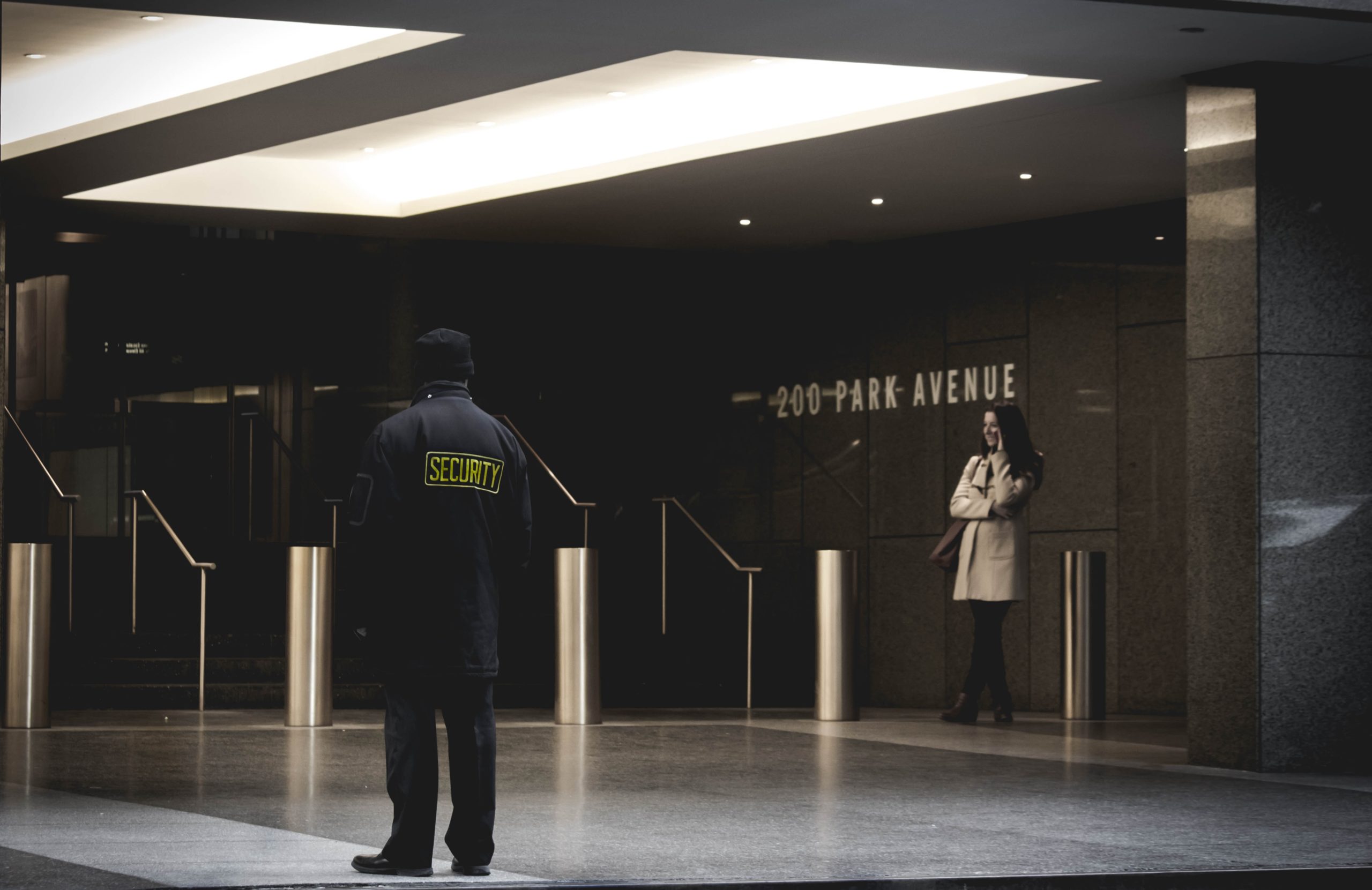To answer this pertinent question, we first need to define what security is, and in the simplest terms, security is the state of being free from danger or threat! To the unconscious mind, life, under any condition, is better than death. Survival precedes all other progress, and our unconscious mind will always default to safety FIRST, because feeling secure is a healthy, natural desire.

This unrivalled state that we pursue so relentlessly, is the value proposition that has cemented NSA Global Security Consultants’ position as a sought-after South African industry leader, mapping a global footprint with our growing portfolio of expertise.
A sharp increase in professional crime syndicates as well as opportunistic criminal behaviour, has unfortunately, gained South Africa a reputation as one of most dangerous countries to live in, characterised by a high incidence of violent crime, which is largely random in nature and often life-changing.
In 2019 alone, a reported daily average of 58 murders was commonplace, making South Africa:
- 7 x more deadly than the USA;
- 36 x more deadly than Australia and Germany; and
- 5 x more deadly than Afghanistan.
Today, the need for professional personal security is at a peak, as South Africa is rated the most dangerous country in the world for women to travel alone to, and to rub salt into the wound, criminals have become more brazen, more desperate, constantly adapting their tactics, and have become less wary of over-stretched, under-resourced and poorly trained police; in the wake of the COVID-19 pandemic.
At best, personal security is intended to reduce the risk of assault, robbery, or other criminal acts; by the application of field-proven principles and procedures to normal daily life.
As custodians of our individual security, it goes without saying that avoidance of any threat is better than a reaction to it, and in cases where this is not possible, any reactive measures must be commensurate with the presenting threat.
Personal security can be learned by anyone, and this begins with refining our sense of situational awareness, to notice something, not just to see it!
Famed author of the critically acclaimed literature “The Art of War”, Sun Tzu once wrote:
“If you know the enemy and know yourself, you need not fear the result of a hundred battles. If you know yourself but not the enemy, for every victory gained you will also suffer a defeat. If you know neither the enemy nor yourself, you will succumb in every battle.”
The quote above accurately outlines the importance of knowing your enemy, because your enemy knows you!
Believe it or not criminals are aggressively:
- Conducting surveillance;
- Assessing their chance of success;
- Assessing Risk vs Reward;
- And will always behave opportunistically.
Easy targets (and ultimately victims of personal criminal attack) are to a great extent unaware, unprepared, and too pre-occupied to notice the rigorous surveillance that criminals are conducting on them.
Awareness is a mindset, a habit that needs to be developed. It starts with noticing what is normal so that we can recognise the abnormal. The sooner you notice a problem, the more options are available to you, which goes a long way to preventing ‘the deer in the headlights’ effect.
Situational awareness has been summarised as an ‘OODA LOOP”, which prompts one to;
Observe – gather information from your environment;
Orient – analyse the information prioritising potential threats, and identifying a possible course of action;
Decide – on the best course of action with the most optimal outcome;
Act – execute that decision! Do it immediately, fully commit to it.
Former US Marine Corps, Colonel, Jeff Cooper designed a ‘System of Awareness’ utilising four colours to illustrate the different mental states before and during a dangerous event.
The sequence of these conditions of awareness is:
| WHITE Unaware, unprepared and unconcerned. Normal state of mind when we are in the comfort of our own homes. |
| YELLOW Attentive, but relaxed. Frequently scanning for signs of possible danger. This is the optimal alertness state. |
| ORANGE Focus is directed at a potential threat. This is the time to begin planning a strategy to mitigate the threat, should it become concrete and imminent. Ideally, avoid the threat altogether. |
| RED Imminent danger exists and immediate action is needed! Implement the decision of whether to run, hide, take cover or fight! Right or wrong – execute! |
Awareness is developed from the habitual application of:
- Playing the ‘what if….’ Game, by simulating possible worst-case scenarios;
- The ‘commentary driving’ principle used in training drivers, where the student describes everything that’s happening around about him/her that has the potential to affect how you react, to the instructor, who assesses what is and isn’t being noticed;
- Learning to think like a criminal; and
- ALWAYS obeying your intuition.
In summary, the onus is on each one of us to take responsibility for our own safety, and this can be achieved bydeveloping awareness, playing the ‘what-if game,’ learning how to identify your enemy, taking appropriate preventative measure, making reactive plans, and most importantly ACTING IMMEDIATELY, WITH COMPLETE FOCUS!





